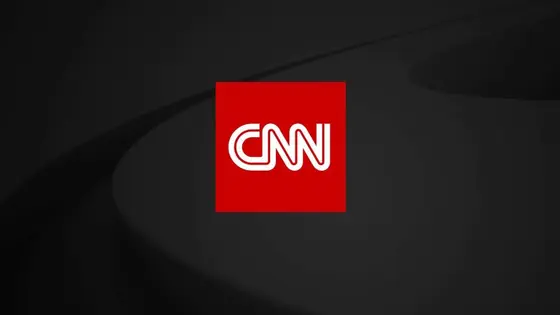T4K3.news
Epstein files reveal limited new information
A federal judge rejects the Maxwell materials release as a smokescreen and questions the government’s transparency push.
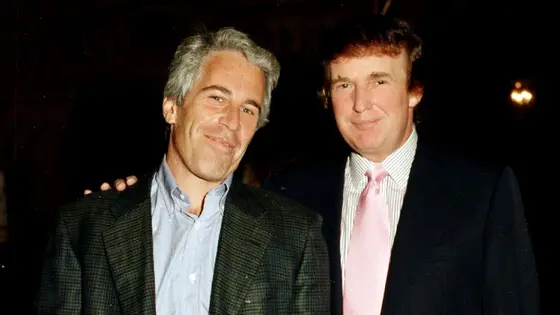
A federal judge ruled that the administration’s push to unseal Maxwell grand jury material offered little new information and looked like a diversion.
Epstein files show Trump team used transparency as smokescreen
A federal judge rejected the Trump administration’s bid to unseal Maxwell grand jury materials tied to the Epstein case. The decision, by Judge Paul Engelmayer in New York, found that the documents would not reveal meaningful new facts and would amount to a diversion rather than a genuine disclosure.
Engelmayer argued that the material highlighted by the government included only scattered words and sentences, with much of it already public testimony from Maxwell’s trial. He emphasized that the released content would likely tell the public next to nothing about who else was involved, how the crimes were carried out, or other key details of the investigation.
The ruling lands as other Epstein disclosures remain murky. The administration has moved on to another disclosure step with unclear results, including an interview with Maxwell and separate requests overseen by a second judge. Critics warn the episodes reflect a pattern where transparency is framed by officials but tested by court scrutiny, fueling public skepticism about how much the government truly reveals.
The case keeps drawing attention from victims’ advocates and political observers alike, who question whether these moves are about accountability or optics. The decision underscores the tension between the drive for disclosure and the limits of what a court will accept as meaningful information in a high‑profile probe.
Key Takeaways
"The administration’s entire premise that the Maxwell grand jury materials would bring to light meaningful new information about Epstein’s and Maxwell’s crimes, or the Government’s investigation into them, is demonstrably false."
Engelmayer’s ruling on unsealing the Maxwell materials
"would thus learn next to nothing new"
Judge’s note about the limited value of the highlighted material
"The one colorable argument under that doctrine for unsealing in this case, in fact, is that doing so would expose as disingenuous the Government’s public explanations for moving to unseal"
Judge’s assessment of the only potentially valid reason to unseal
"diversion, aimed not at transparency but at the illusion of such"
Judge’s description of the government’s motive
The episode highlights a broader tension between political messaging and judicial oversight. When a government body promotes openness, courts can press for real substance rather than slogans. This ruling serves as a reminder that accountability rests on facts, not on staged moments of transparency.
For readers, the pattern matters. If officials repeatedly frame limited releases as progress, trust erodes even when legal procedures operate. Credible disclosures should illuminate the public record and deepen understanding, not simply create the impression that something is being done.
Highlights
- Smoke and mirrors masquerading as disclosure
- Public access that adds next to nothing
- Transparency without substance is a PR stunt
- The truth should not be a sideshow
Transparency plan questioned as potential distraction
The Epstein disclosures involve high‑profile figures and ongoing political scrutiny. Critics worry that selective or staged disclosures could undermine public accountability and fuel backlash against institutions.
Truth backstage matters more than a staged light show.
Enjoyed this? Let your friends know!
Related News
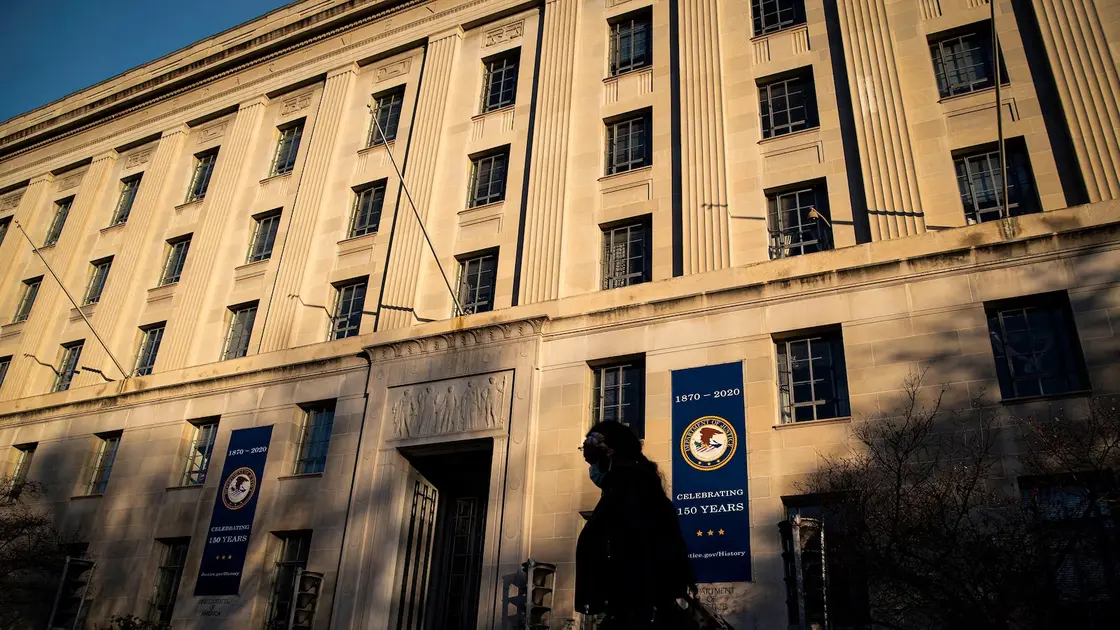
DOJ unveils limited witnesses in Epstein Maxwell grand jury

Trump labels Epstein investigation critics as troublemakers
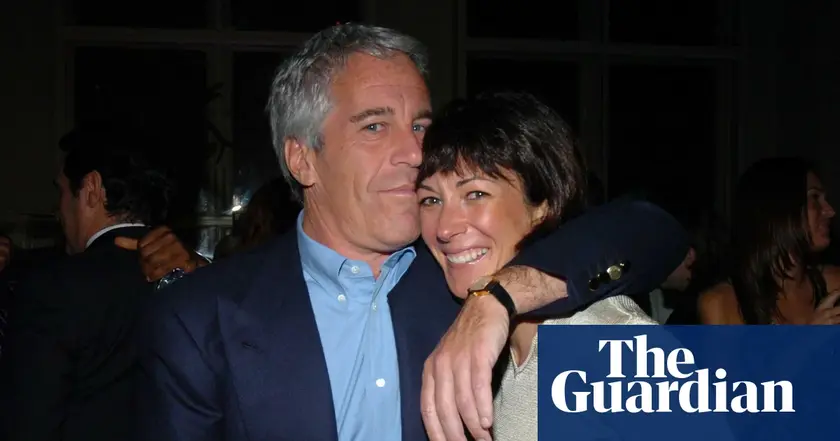
Trump aims to release Epstein grand jury materials
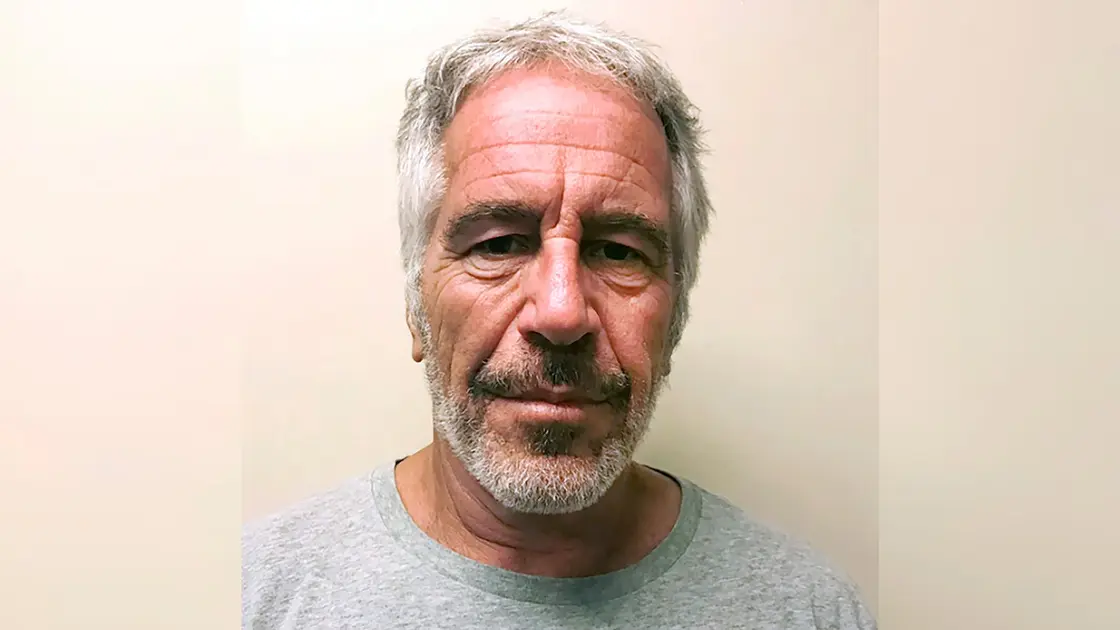
Trump notified his name appears in Epstein files
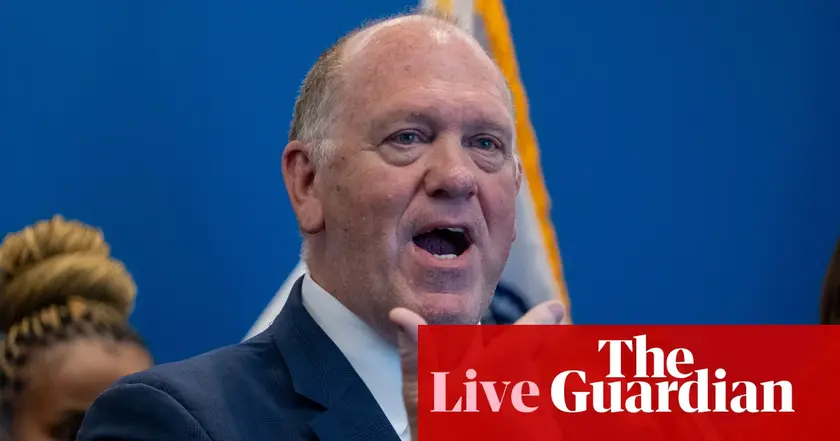
Trump administration increases immigration enforcement in sanctuary cities
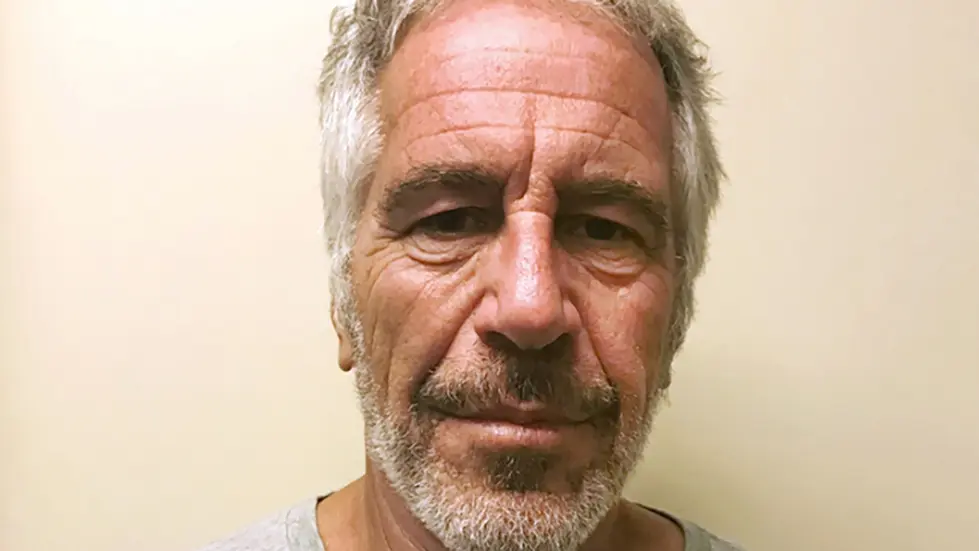
Maxwell transcripts stay sealed
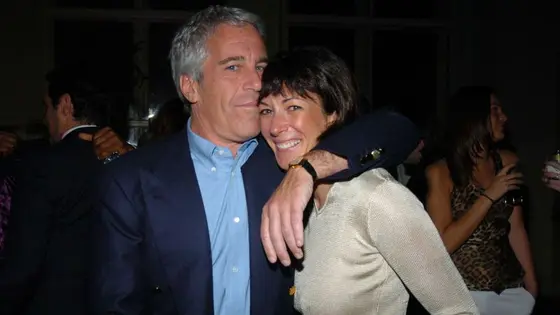
Justice Department reaches out to Maxwell for meeting
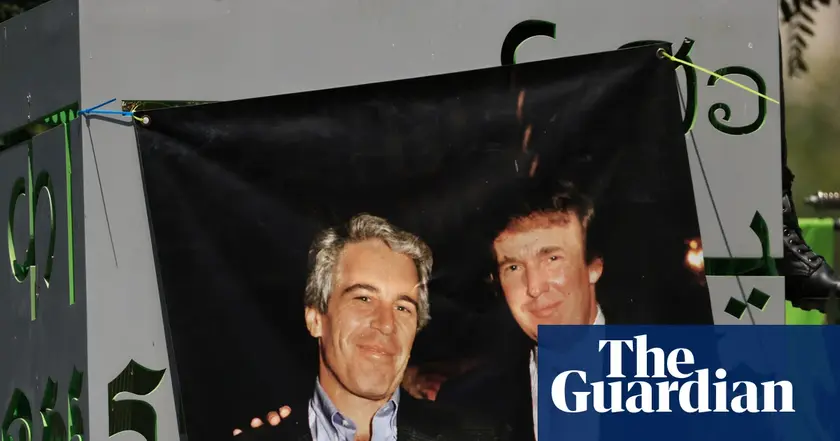
New letters and photos deepen Epstein scandal
